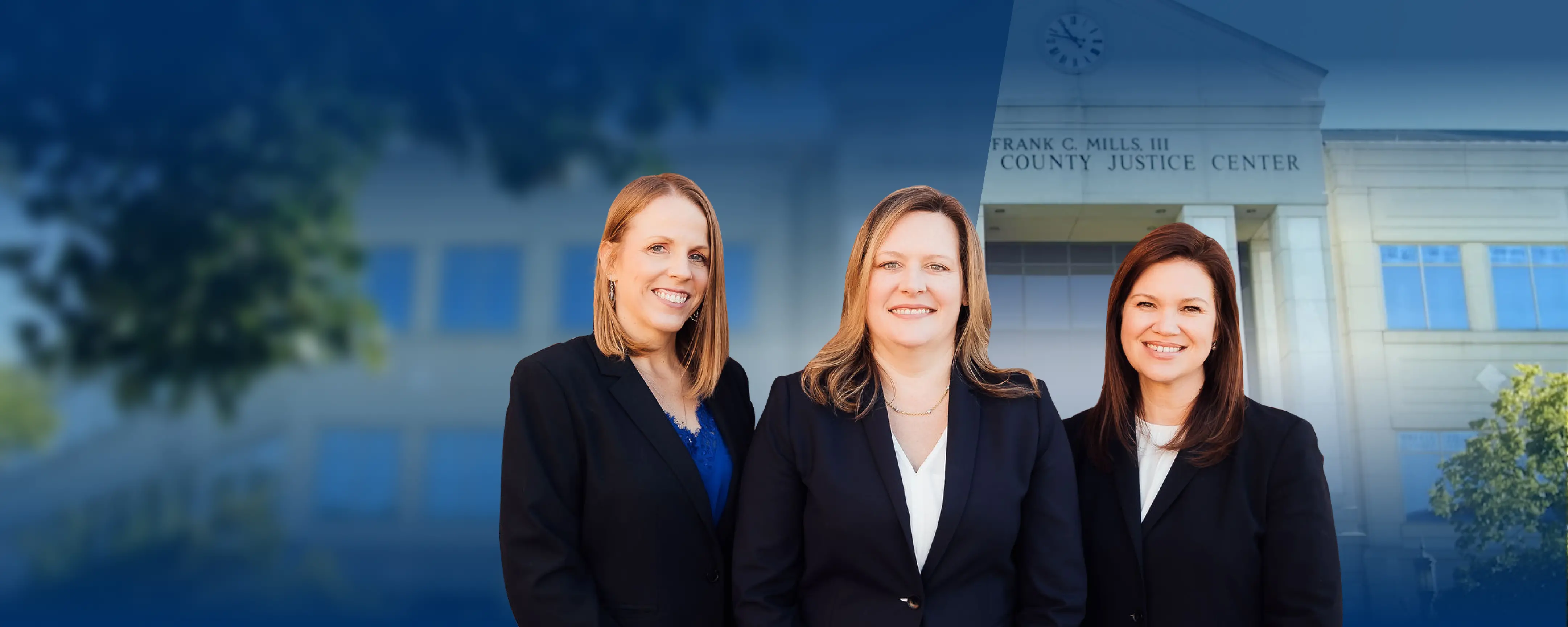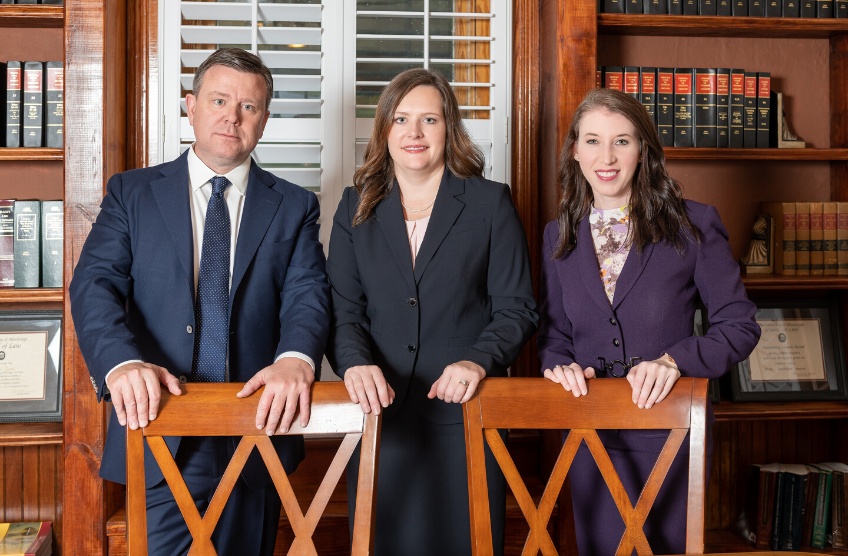
Chapter 7 vs Chapter 13
The process of filing for bankruptcy depends on whether you’re filing Chapter 7 or Chapter 13 – the two most common types of bankruptcy for individuals. The specifics of your finances and assets have an effect on the process as well.
Here’s an overview for both types of bankruptcy.

Filing for Chapter 7 Bankruptcy in Georgia
In a Chapter 7 bankruptcy, many of your debts can be forgiven. You need to earn below a certain income threshold to qualify, however – and if you have any assets of value, some may have to be sold to pay off your creditors.
The process can take four to six months if you have a relatively simple case. Here are a few key benchmarks in the process.
Filing your petition and getting a bankruptcy stay. The first thing that happens is you’ll file a petition for bankruptcy with the Federal Bankruptcy Court and receive a case number.
Immediately after you file, the court will issue a bankruptcy stay or protection from collections. That means creditors have to stop calling you for the duration of the proceeding.
The stay will be sent to creditors via the mail, and your reprieve should start almost immediately.
The Meeting of Creditors. Within a month or so of your filing, you’ll have to sit through a Meeting of Creditors. Chapter 7 filers usually don’t go in front of a judge; this is likely the only meeting you’ll have to attend.
In most circumstances, the only person at the meeting will be your court-appointed trustee. This person will look over your paperwork, ask questions about your finances, look into any possibility of fraud, and determine whether you qualify for Chapter 7.
To qualify for Chapter 7, you have to pass a “means test” that determines whether your family’s income is lower than the median income in the state of Georgia. Certain expenses can be subtracted from your income.
The trustee will look over your financial documents and confirm what you said about your finances when you initially filed. If they determine your income is too high to meet the threshold, your case could be dismissed, or, if you chose, be changed to a Chapter 13 bankruptcy.
In some cases, your creditors may show up as well and ask questions about your finances and spending habits – for instance, your credit card company may want to know about recent charges, or a lender may ask about your plans to sell or surrender an asset you bought with their loan.
These lenders and creditors have the right to do this, because you’re seeking to discharge what you owe them as part of your bankruptcy.
However, it isn’t a common occurrence.
The report is issued. After the meeting, your trustee will produce a report regarding your finances, the debts you can have discharged, and whether you have assets that can be sold to pay your debts.
After this, your creditors have 90 days to object to any debts that have been deemed dischargeable.
Your adult education requirement. In Georgia, anyone filing for Chapter 7 bankruptcy has to undergo financial education training through an approved provider.
You have 45 days after your Meeting of Creditors to take the course and file a certificate of completion with the court.
The bankruptcy order. After you pass all these milestones and if there are no objections to your dischargeable debt, the court will issue an order regarding your bankruptcy.
If you have assets that can be sold to pay some of your debts, the trustee will handle that part of the process, but having assets that can be sold isn’t a common scenario with Chapter 7 bankruptcy.
Filing for Chapter 13 Bankruptcy in Georgia
Chapter 13 bankruptcy is generally for people who make too much money to qualify for Chapter 7. Under this type of bankruptcy, your debts aren’t discharged immediately; instead, you develop a three-to-five-year payment plan approved by a judge to pay some percentage of your debts. At the end of the plan, the rest of your debts are discharged.
As with Chapter 7, you have to complete a means test to determine how much disposable income you have and how much you can afford to put toward your debts every month. Under this type of bankruptcy, you aren’t usually at risk of losing property and other assets.
The Chapter 13 Bankruptcy Process Explained
The bankruptcy filing and automatic stay. With Chapter 13 bankruptcy, your first step is to file a petition and a payment plan with the court. You’ll get an immediate stay of collection from creditors as soon as you file.
The Meeting of Creditors. As with Chapter 7, you’ll attend a Meeting of Creditors where a trustee goes over your finances in detail to determine whether your payment plan makes sense.
You have to prove that you can both make your proposed payments and pay your household expenses during this time.
The confirmation hearing. Unlike with Chapter 7, those filing Chapter 13 bankruptcy will have a hearing before a judge. This generally takes place about 60 days from your date of filing. The judge will assess your case and hear any objections from creditors.
The court issues a confirmation. This happens after your Meeting of Creditors and confirmation hearing, and after any objections from your creditors have been resolved.
The confirmation will determine the terms of your bankruptcy, ideally based on the payment plan you developed. However, if there is a reason for the court not to grant you bankruptcy, your case will be dismissed.
Your continuing education. Filers are required to complete two financial management training courses and file certificates of completion with the court. The last one has to take place before your case is closed at the end of your three-to-five-year plan.
Once your confirmation is issued, you will continue to make monthly payments for the agreed-upon timeframe – typically three to five years. Generally, you’ll make one monthly payment to a trustee, who will use it to pay your debts.
Do You Need Help?
If you’re considering filing for bankruptcy, the help of a qualified attorney can be invaluable.
At Speights Law, we’ve helped hundreds of clients protect their assets, avoid the pitfalls of bankruptcy, and move on to a brighter future. We can help you, too.
Call us at (770) 479-1500 for confidential consultation today.





